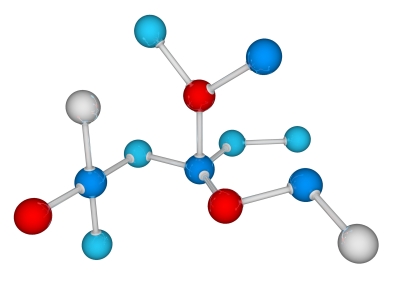Researchers from the University of Warwick in the UK have conducted a study which suggests the absence of a protein, called the MK2/3 protein, is associated with the early signs of dementia. The MK2/3 protein regulates the shape of spines in postsynaptic neurons, which is how information in the brain is transferred. Those neurons lacking the protein are longer and narrower compared to the properly functioning neurons with the protein.
The researchers were able to demonstrate that the long, narrow shape of the spines without the protein are less able to communicate with one another, also making them unable to acquire new memories.
“By demonstrating for the first time that the MK2/3 protein, which is essential for neuron communication, is required to fine-tune memory formation, this study provides new insight into how molecular mechanisms regulate cognition,” says lead researcher and author Dr. Sonia Corrêa. “Given their vital role in memory formation, MK2/3 pathways are important potential pharmaceutical targets for the treatment of cognitive deficits associated with aging and dementia.”
Resource: http://www.medicalnewstoday.com/articles/281592.php




